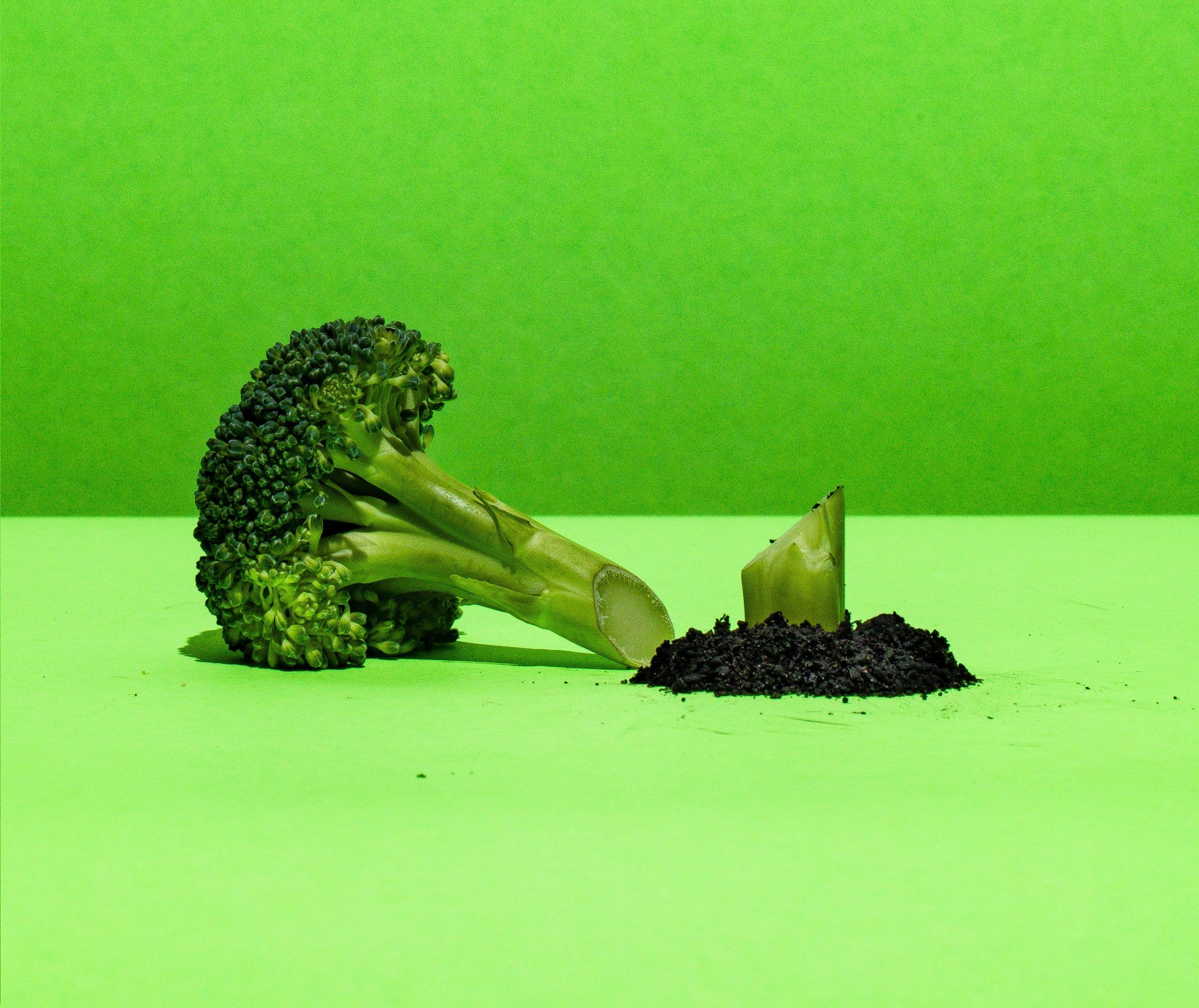To fight global climate change and biodiversity loss, Parliament demands companies ensure that products sold in the EU do not come from deforested or degraded land.
Plenary adopted its position on the Commission proposal for a regulation on deforestation-free products with 453 votes to 57 and 123 abstentions.
The new law would make it obligatory for companies to verify (so-called “due diligence”) that goods sold in the EU have not been produced on deforested or degraded land anywhere in the world. This would guarantee consumers that the products they buy do not contribute to the destruction of forests, including of irreplaceable tropical forests, and hence reduce the EU’s contribution to climate change and biodiversity loss.
MEPs also want companies to verify that goods are produced in accordance with human rights provisions in international law and respect the rights of indigenous people.

Climate change: new rules for companies to stop EU-driven deforestation globally |
Enlarging the scope
The Commission’s proposal covers cattle, cocoa, coffee, palm-oil, soya and wood, including products that contain, have been fed with or have been made using these commodities (such as leather, chocolate and furniture). Parliament wants to also include pigmeat, sheep and goats, poultry, maize and rubber, as well as charcoal and printed paper products. MEPs also insist that products must not have been produced on land deforested after 31 December 2019 – one year earlier than what the Commission proposed.
Parliament also wants financial institutions to be subject to additional requirements to ensure that their activities do not contribute to deforestation.

Council agrees on new rules to drive down deforestation and forest degradation globally |
Due diligence and control
While no country or commodity will be banned, companies placing products on the EU market would be obliged to exercise due diligence to evaluate risks in their supply chain. They can for example use satellite monitoring tools, field audits, capacity building of suppliers or isotope testing to check where products come from. EU authorities would have access to relevant information, such as geographic coordinates. Anonymised data would be available to the public.
Based on a transparent assessment, the Commission would have to classify countries, or part thereof, into low, standard or high risk within six months of this regulation entering into force. Products from low-risk countries will be subject to fewer obligations.
Next steps
Parliament is now ready to start negotiations on the final law with EU member states.







Leave a Reply